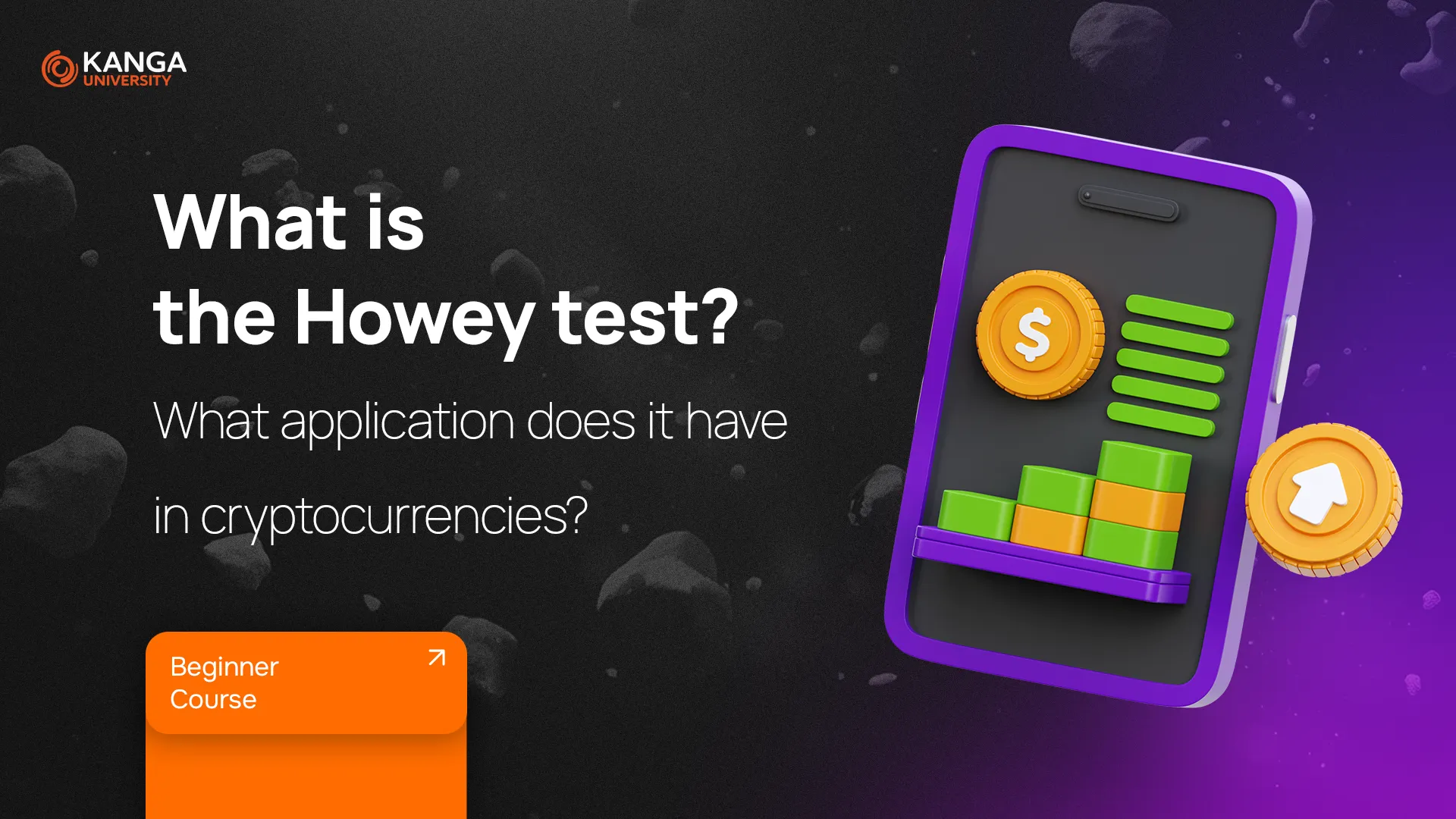
The Howey Test is a crucial legal framework used to determine whether a cryptocurrency or token should be classified as a security. If a token is deemed a security, it falls under strict financial regulations, requiring registration and compliance with various legal requirements.
This test is particularly important for cryptocurrency developers, investors, and regulatory bodies like the U.S. Securities and Exchange Commission (SEC), as it helps define whether digital assets fall under securities laws.
What Is the Howey Test?
The Howey Test was established in 1946 by the U.S. Supreme Court in the case of SEC vs. W.J. Howey Co.. The case involved a company selling shares in Florida citrus groves, where investors expected to make profits without actively managing the business.
The court ruled that these investments constituted an investment contract, making them subject to securities regulations. Based on this ruling, the four-part Howey Test was created to determine whether a financial transaction qualifies as a security.
If an asset meets all four criteria, it is classified as a security and falls under SEC regulations.
The Four Key Elements of the Howey Test
For a transaction to be considered a security, it must meet all four criteria:
- Investment of money – Are investors putting money into the project with the expectation of a return?
- Common enterprise – Are investors sharing risks and profits with others?
- Expectation of profit – Do investors expect to make money from their investment?
- Profits derived from the efforts of others – Does the success of the project depend primarily on the work of its developers or a central team?
If a token meets all these conditions, it is classified as a security and is subject to financial regulations.
How Does the Howey Test Apply to Cryptocurrencies?
The Howey Test is used to determine whether a cryptocurrency or Initial Coin Offering (ICO) should be treated as a security. This is critical for regulatory agencies because securities must comply with strict transparency and registration rules.
Three key questions help assess whether a cryptocurrency meets the Howey Test:
- Do investors contribute money with the expectation of making a profit?
- Is the investment part of a common enterprise where profits and risks are shared?
- Do profits depend on the efforts of others, such as the project’s developers?
If all three conditions are met, the token may be classified as a security and subject to strict regulations.
Howey Test and Cryptocurrencies – The Ripple (XRP) Case
One of the most well-known cases related to the Howey Test is Ripple (XRP).
In 2020, the SEC sued Ripple, claiming that its token, XRP, was a security and should be regulated accordingly. Ripple argued that XRP functioned as a decentralized cryptocurrency rather than an investment contract.
In 2023, a court ruled that XRP did not meet the Howey Test, marking a significant victory for the cryptocurrency industry. However, the SEC continues to use the test to regulate digital assets, keeping the issue highly relevant.
Consequences of Failing the Howey Test
If a token is classified as a security but does not comply with regulations, serious legal consequences may follow.
- Financial penalties – The SEC can impose multimillion-dollar fines.
- Restrictions on token sales – The project may be forced to halt operations.
- Lawsuits – Developers and project teams may face legal action for violating securities laws.
This is why cryptocurrency projects must carefully evaluate the Howey Test and consult legal experts specializing in financial regulations.
Summary
The Howey Test is a fundamental tool used to determine whether a cryptocurrency is a security and subject to financial regulations.
For both investors and crypto project developers, understanding this test is essential, as it can determine the future of a project. Some cryptocurrencies, such as Bitcoin, do not meet the Howey Test because they are fully decentralized. However, other tokens, particularly those launched through ICOs, may be classified as securities and face stricter regulations.
The SEC continues to use the Howey Test to monitor the cryptocurrency market and take legal action against projects that violate securities laws. As a result, this test remains a key regulatory tool in the digital asset industry.